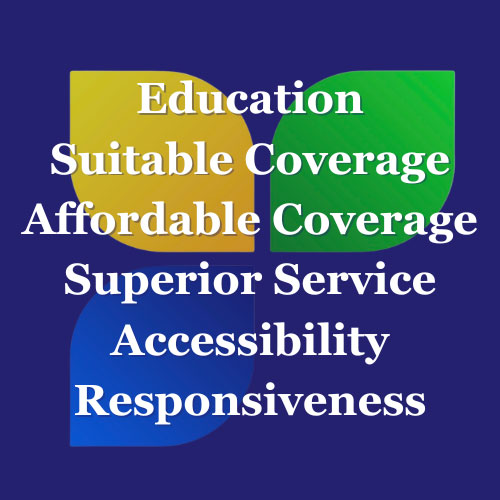Feel confident. You have an advocate in your corner.
- Home
- Solutions
Supplemental Insurance
- About TrueLIFE
Meet Our Team
We have high expectations for our agents and partners, but for good reason. We are known to provide the best service and we want to maintain that reputation.
More From TrueLife
What To Expect
We noticed that most insurance agents and companies are married to a process we simply don’t agree with. Clients are rushed through making decisions and signing paperwork without completely understanding what they are signing. See how we’re different.
- Contact Us

